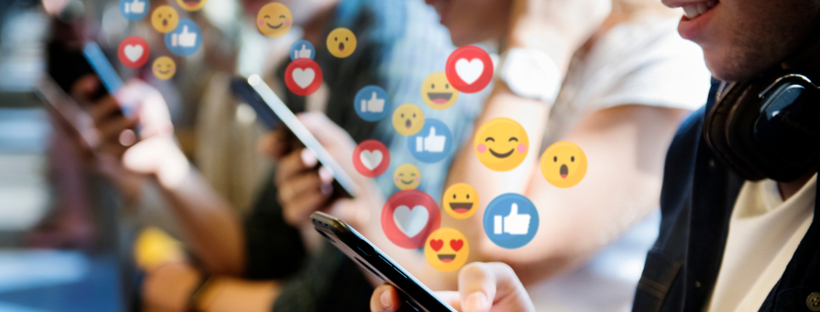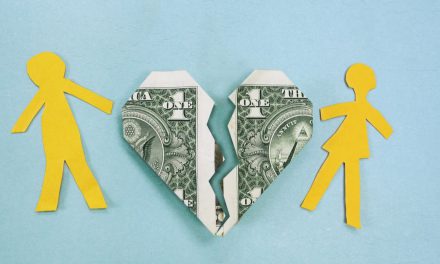
Are Social Media Algorithms Ruining Society?
Social media users in America are likely to experience a mix of different emotions from the content they view. By now, most Americans are aware that algorithms built on personal preferences and online habits are used by social media platforms to keep people engaged in order to enhance the value of their sites with advertisers. It is the way that social media companies go about it that has begun to raise critically important concerns for society.
To view the full article please register below:
Are Social Media Algorithms Ruining Society?
Social media users in America are likely to experience a mix of different emotions from the content they view. According to Pew Research, 88% of users are amused by what they see on social media, with feelings of anger and connectedness the next most likely emotion (71%). Feelings of depression (49%) and loneliness (31%) also rank high.1
By now, most Americans are aware that algorithms built on personal preferences and online habits are used by social media platforms to keep people engaged in order to enhance the value of their sites with advertisers.
While it seems entirely reasonable that any business would want to raise consumer interest and relevance with its products or services, it is the way social media companies go about it that has begun to raise critically important concerns for society.
As any student of behavioral psychology understands, most people prefer content that reinforces existing attitudes and agrees with their current views (confirmation bias). And, this is where the trouble begins.
The country today is dealing with the consequences of factions of citizens who occupy different information universes. A perfect illustration of how reinforcing algorithms can exacerbate normal political divides is the highly divergent views between large segments of the population who believed that the recent presidential election was stolen and those who saw a fair and accurate outcome.
This phenomenon is not limited to the United States. A similar experience occurred in Europe during the sudden, unexpected wave of immigration in 2015 where social media fanned the flames of negative attitudes toward immigration.2
At its core, the problem with algorithms is that it encourages a diet of harmful content. While we like to be high-minded about the content we consume, it is the pushing of junk food, like the latest outrage, that will get you and many others to click.
A steady diet of reaffirming content can build empathy, drawing viewpoints closer and potentially spilling over into hate. Take the example of immigration. It is one thing to have a belief in controlled immigration but, fed a steady diet of immigration outrages, it can morph into hate.
While there is no simple answer to the challenges presented by social media, it is clear these social media platforms are facing growing political and social pressures that may result in redefining how we interact with these platforms in the future.
Sources:
- https://www.pewresearch.org/internet/2018/11/16/algorithms-in-action-the-content-people-see-on-social-media/
- https://www.tandfonline.com/doi/full/10.1080/19331681.2020.1805085
Please reference disclosures: https://blog-dev.americanportfolios.com/disclosures/












